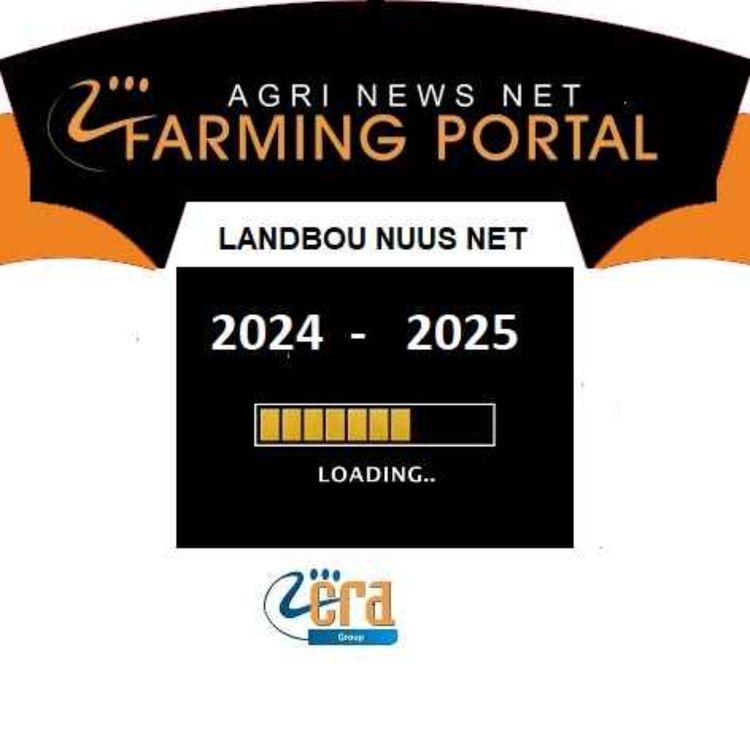More episodes
View all episodes

Climate change is causing endangered African wild dogs to give birth later
04:51|Wildlife is responding and adapting to climate change in various ways. Some adaptations are more obvious. Flowering plants, for example, are blooming sooner each year in parts of the northern hemisphere as climate change draws the onset of spring progressively earlier in the calendar.
The World Agricultural Supply and Demand Estimates report
03:43|This past week the United States Department of Agriculture (USDA) released its monthly flagship report, the World Agricultural Supply and Demand Estimates report. This report provides insight into the global production conditions of the major grains and oilseeds

Brown algae removes carbon dioxide from the air
04:20|Brown algae take up large amounts of carbon dioxide from the air and release parts of the carbon contained therein back into the environment in mucous form. This mucus is hard to break down for other ocean inhabitants, thus the carbon is removed from the atmosphere for a long time, as researchers at the Max Planck Institute for Marine Microbiology in Bremen now show.


Feeding apple waste to chickens may boost their health
03:22|An apple a day may keep the livestock veterinarian away. Juice, pulp, and other waste from Empire apples, when injected into chicken eggs before hatching, show signs of boosting the animal's intestinal health, according to Cornell research.
Biodiversity loss drove ecological collapse after the ‘Great Dying’, new study reveals.
05:22|Biodiversity loss may be the harbinger of a more devastating ecological collapse, an international team of scientists have discovered. By exploring the stability and collapse of marine ecosystems during the Permian-Triassic mass extinction, researchers have gained worrying insights into the modern biodiversity crisis, given that the rate of species loss today outpaces that during the event, known as the ‘Great Dying’.
